Home>Ideas and Tips>How To Create A Kid-Friendly Kitchen Space
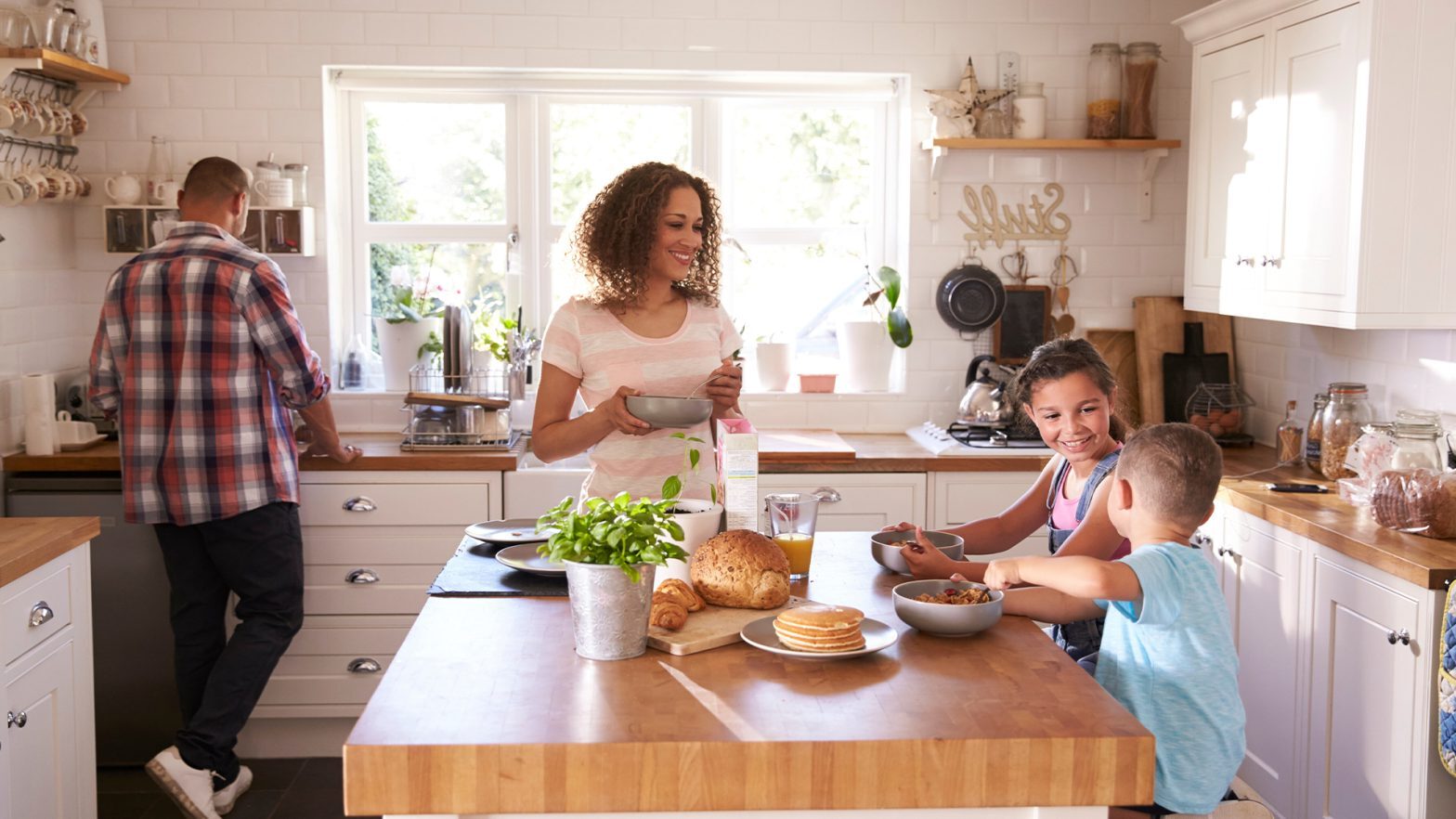

Ideas and Tips
How To Create A Kid-Friendly Kitchen Space
Published: November 5, 2024
Create a kid-friendly kitchen space with safety tips, child-sized furniture, and engaging activities to foster independence and creativity in your little ones.
(Many of the links in this article redirect to a specific reviewed product. Your purchase of these products through affiliate links helps to generate commission for Storables.com, at no extra cost. Learn more)
Creating a kid-friendly kitchen space is not just about ensuring safety; it's also about fostering independence, creativity, and a love for cooking. A well-designed kitchen can be a hub for family bonding and learning, where children can develop essential life skills while having fun. In this article, we will explore the various elements and strategies to make your kitchen a safe and engaging environment for your little ones.
Child-Friendly Pantry
One of the first steps in creating a kid-friendly kitchen is to set up a child-friendly pantry. This space should be easily accessible and filled with healthy snacks that are portioned adequately for kids. Consider dedicating a section of the pantry specifically for children, where they can grab their favorite snacks without needing assistance. This encourages independence and healthy eating habits from an early age.
Read more: How To Create A Garden
Healthy Snack Options
- Fruits: Fresh fruits like apples, bananas, and grapes are great options.
- Whole Wheat Baked Goods: Whole wheat cookies, muffins, and bread are healthier alternatives to regular baked goods.
- Granola: A nutritious snack that can be stored in airtight containers.
- Fruit Chips: A healthier alternative to regular potato chips.
Accessibility
Ensure that the pantry is at a height that is easily accessible for children. You can use step stools or low shelves to make it convenient for them to reach their snacks without needing assistance.
Child-Sized Furniture
Child-sized furniture is essential in creating a kid-friendly kitchen. This includes items like mini-kitchen sets, low-height tables, and stools that allow children to participate in meal preparation and cooking without needing assistance.
Mini-Kitchen Sets
Mini-kitchen sets are perfect for young children who want to imitate their parents in the kitchen. These sets usually include mini appliances and utensils that are safe for children to use.
Low-Height Tables and Stools
Low-height tables and stools enable children to sit comfortably while doing their homework or helping with meal preparation. This setup also helps in keeping an eye on them while they are in the kitchen.
Child-Friendly Storage
Dedicate a drawer or lower cabinets specifically for children's dishes, utensils, and cups. Organizing these items in a way that makes them easily accessible encourages children to fend for themselves and develop self-reliance.
Labeling Cabinets
Labeling the cabinets with pictures or simple words helps children understand where their belongings are stored. This reduces the likelihood of them asking for help every time they need something.
Kids' Cereal Station
Setting up a kids' cereal station is another great way to make mealtime easier and more fun for children. Place a variety of their favorite cereals in single-serve Tupperware boxes, and ensure that the milk is within easy reach in the fridge. This allows them to help themselves on weekends or whenever they want a quick breakfast.
Read more: Tips For Creating A Minimalist Kitchen
Cereal Organization
Organize the cereals in a way that makes it easy for children to choose their favorite. You can also include a few healthy options like oatmeal or muesli to encourage balanced eating.
Introducing Color for Creativity
Colourful spaces can be very inviting and boost mood and behavior. Different zones with bright colors for food preparation and calmer lighting/colours in areas for relaxing or homework can create a harmonious environment.
Fun Creative Wall
Add a pop of color to a kitchen wall with a chalkboard or even a wall painted with blackboard paint. This is a fun and creative way to engage children. They can use it for recipe ideas, drawings, chores, or even as a mini classroom for spellings and sums.
Safety Tips
Safety should always be the top priority when designing a kid-friendly kitchen. Here are some essential safety tips to consider:
Read more: How To Create Butterfly Garden
Rounded Edges
Rounded edges on countertops and tables are much more forgiving than sharp edges. They reduce the risk of injuries from bumps or falls.
Handleless Kitchen Units
Handleless kitchen units can prevent children from bumping their heads on handles and reduce the temptation to pull on all the handles.
Magnetic Locks
Magnetic locks on base units are great for locking away dangerous items. There are various child safety locks available that can keep children out of cupboards/cabinets with dangerous items.
Hide the Bin
Integrated bins are a great solution to prevent small hands from reaching into the bin and knocking it over.
Read more: Creating A Cozy Breakfast Nook On A Budget
Surfaces
Kitchen surfaces should be durable and easy to clean. Quartz is a great substitute for granite because it is less porous. Quartz and Corian are also childproof and practically indestructible.
Non-Toxic Cleaners
Use non-toxic cleaners made from natural ingredients which are better for the environment and children.
Kettles
Keep kettles far away from reaching distance or use a boiling water tap like the Quooker. The Quooker tap is childproof and prevents any accidents with boiling water.
Hobs
Even after a hob is turned off, it can carry residual heat. Induction hobs are safer as they come with residual heat sensors and child lock safety features to prevent accidental turns.
Knives
Keep all sharp knives far away from reaching distance. Keep knife blocks in the middle of the counter or island, somewhere where small hands can’t reach.
Kid-Safe Equipment
Provide children with their own exclusive kid-safe kitchen equipment and toolset. This includes plastic measuring cups, blunt butter knives, and whisks. These tools allow children to participate in cooking activities safely and learn essential life skills.
Engaging Children in Cooking
Encourage children to help with meal preparation by providing them with their own equipment. This not only teaches them about cooking but also fosters independence and creativity in the kitchen.
Layout Planning
Plan your kitchen layout well to create a kid-friendly space. Different layout options can accommodate special kids’ zones effectively.
Open Layouts
Open layouts are best for child-safe kitchen design ideas. They seem larger than they actually are, allowing kids to carry out their daily activities from the kitchen space. If the kitchen space is small, other family members can easily hang out in the dining area while interacting with people in the kitchen.
L-Shaped Counters
L-shaped counters work well in small family kitchens as they allow you to keep an eye on the kids while carrying out chores.
U-Shaped Counters
U-shaped counters are ideal for large and open kitchens as they shut off access at one end while accommodating special kids’ zones in the layout.
Single Countertops
Single countertops are versatile and can be adapted to suit family needs. They provide ample space for meal preparation without overwhelming children.
G-Shaped Countertops
G-shaped countertops offer additional storage options while keeping the kitchen organized. They are particularly useful in larger kitchens where multiple zones need to be created.
Whimsical Blackboard Surface
Add a whimsical blackboard surface to make your kitchen more inviting and engaging for children. This can be done by painting a wall with blackboard paint or using a chalkboard. Children can use this space for recipe ideas, drawings, chores, or even as a mini classroom for spellings and sums.
Colourful Zones
Create different zones with bright colors for food preparation and calmer lighting/colours in areas for relaxing or homework. This helps in creating a harmonious environment that is both fun and functional.
Bulletin Board and Fridge Magnets
Use bulletin boards and fridge magnets to make meal planning and grocery shopping easier for children. This encourages them to participate in household activities while developing organizational skills.
Meal Planning
Create a meal planning board where children can help plan meals for the week. This teaches them about nutrition and meal planning while making them feel included in household activities.
Grocery Shopping
Use fridge magnets to keep track of grocery items that need to be purchased. This helps children understand the importance of grocery shopping while making it a fun activity.
Conclusion
Creating a kid-friendly kitchen space involves more than just ensuring safety; it's about fostering independence, creativity, and a love for cooking. By incorporating elements like child-friendly pantries, child-sized furniture, and safety features such as rounded edges and magnetic locks, you can create an environment where children feel comfortable participating in meal preparation while learning essential life skills. Remember to engage them with kid-safe equipment and encourage their participation through meal planning and grocery shopping activities. With these strategies in place, your kitchen will become not only a safe space but also a hub for family bonding and learning experiences that will last a lifetime.
By following these tips and incorporating them into your kitchen design, you'll be able to create an environment that is both safe and engaging for your children. Whether it's setting up a child-friendly pantry or adding a whimsical blackboard surface, every element plays a crucial role in making your kitchen a place where memories are made while valuable life skills are imparted. So go ahead and transform your kitchen into a kid-friendly haven where everyone can enjoy cooking together.
Was this page helpful?
At Storables.com, we guarantee accurate and reliable information. Our content, validated by Expert Board Contributors, is crafted following stringent Editorial Policies. We're committed to providing you with well-researched, expert-backed insights for all your informational needs.
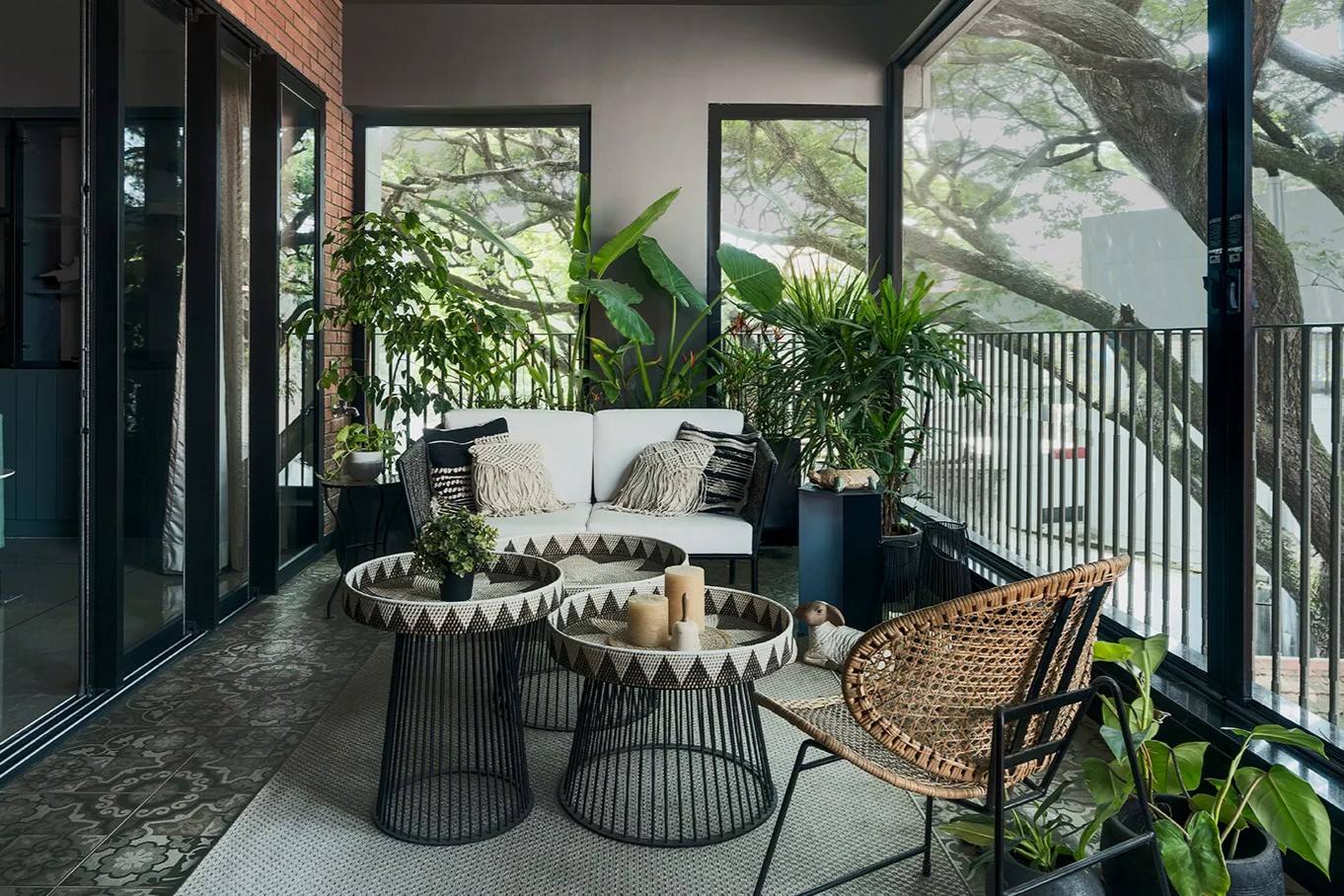
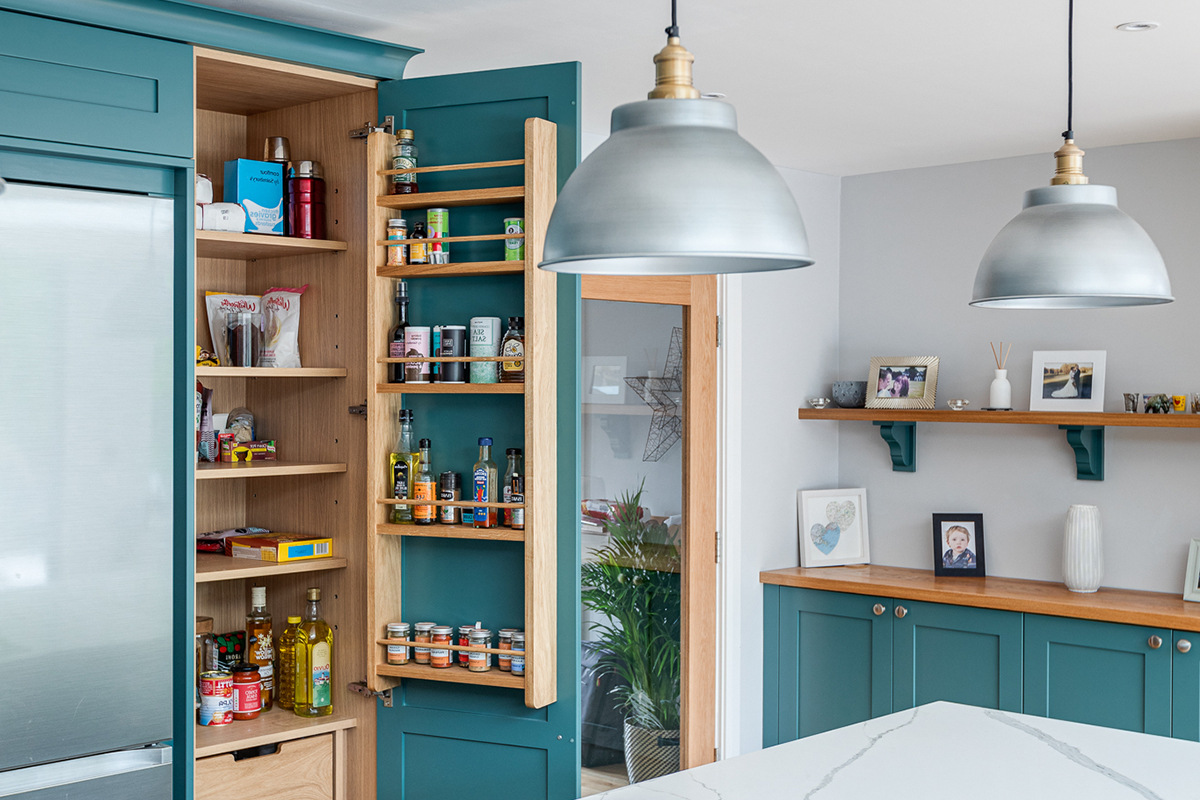
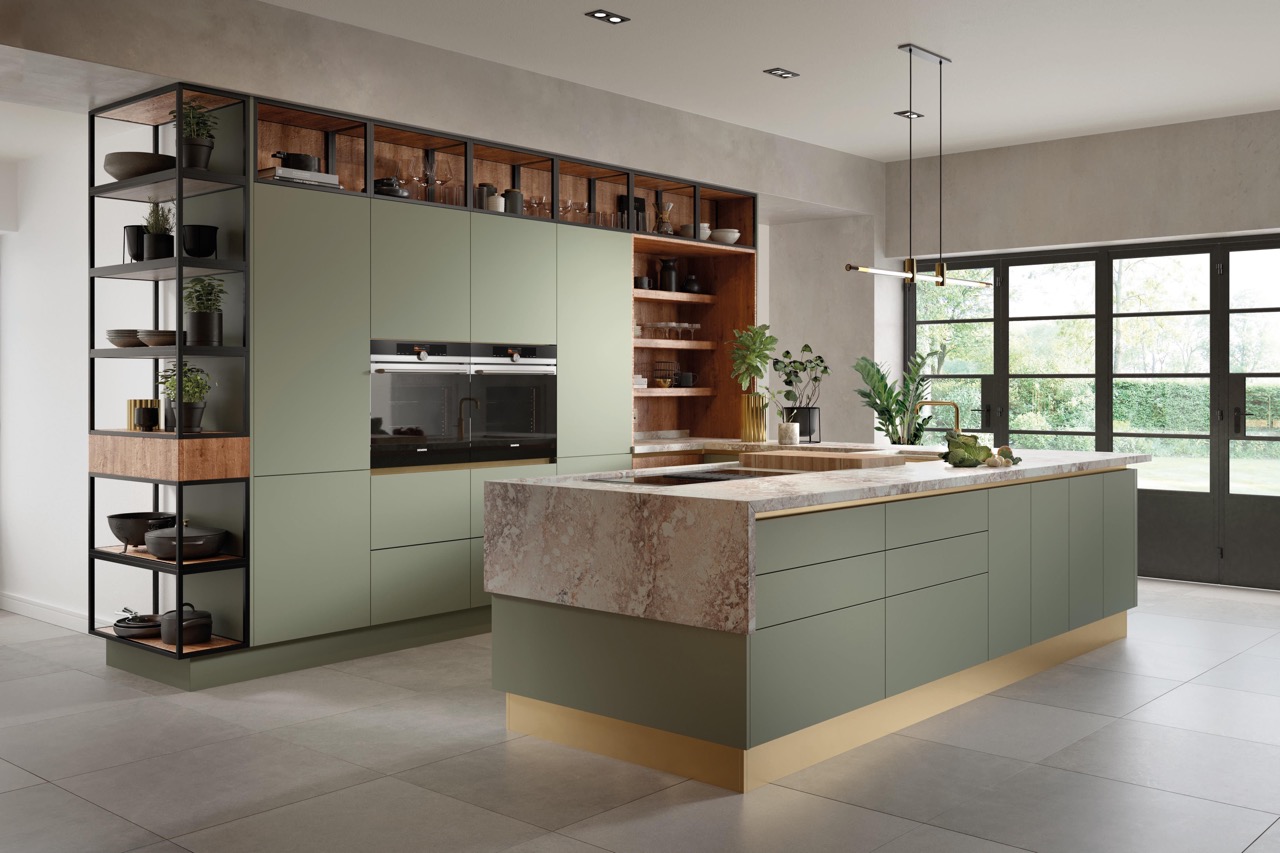
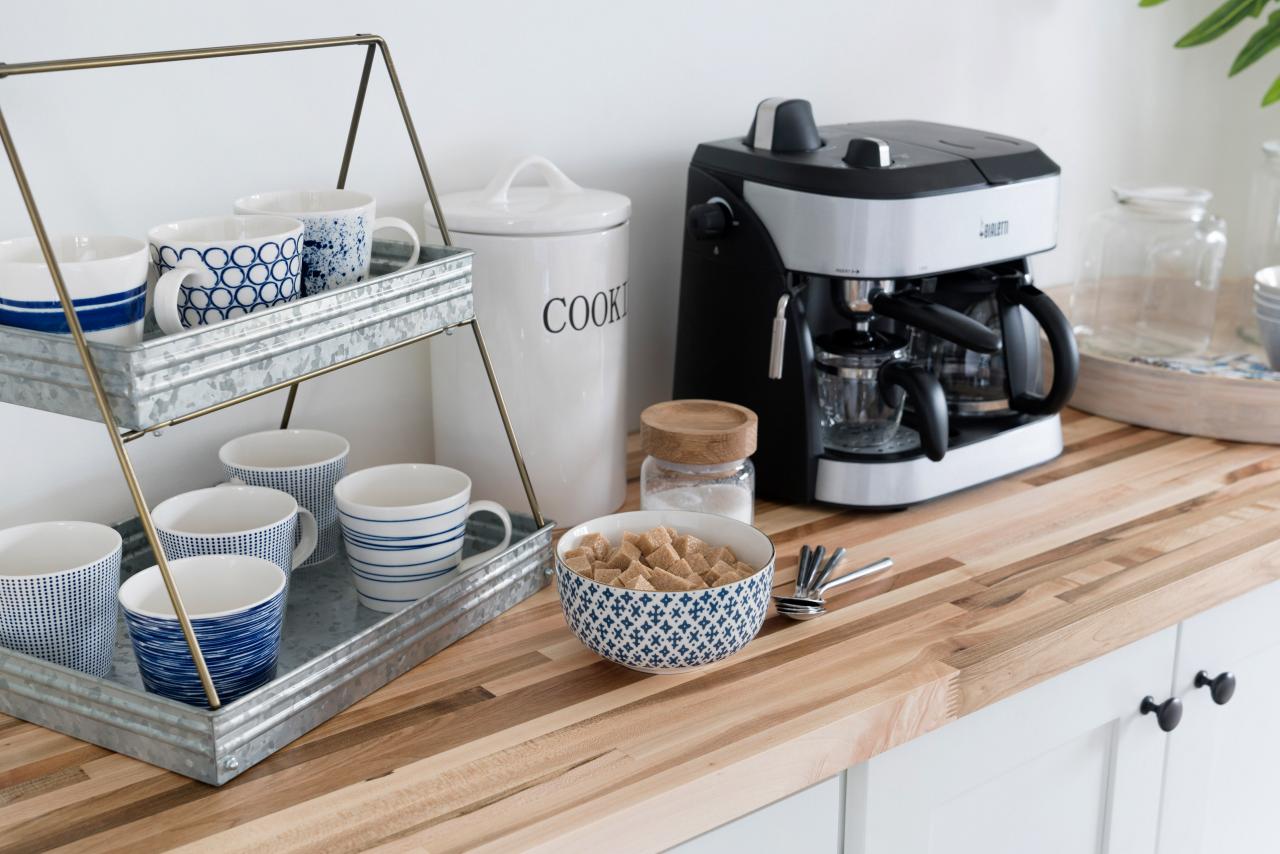
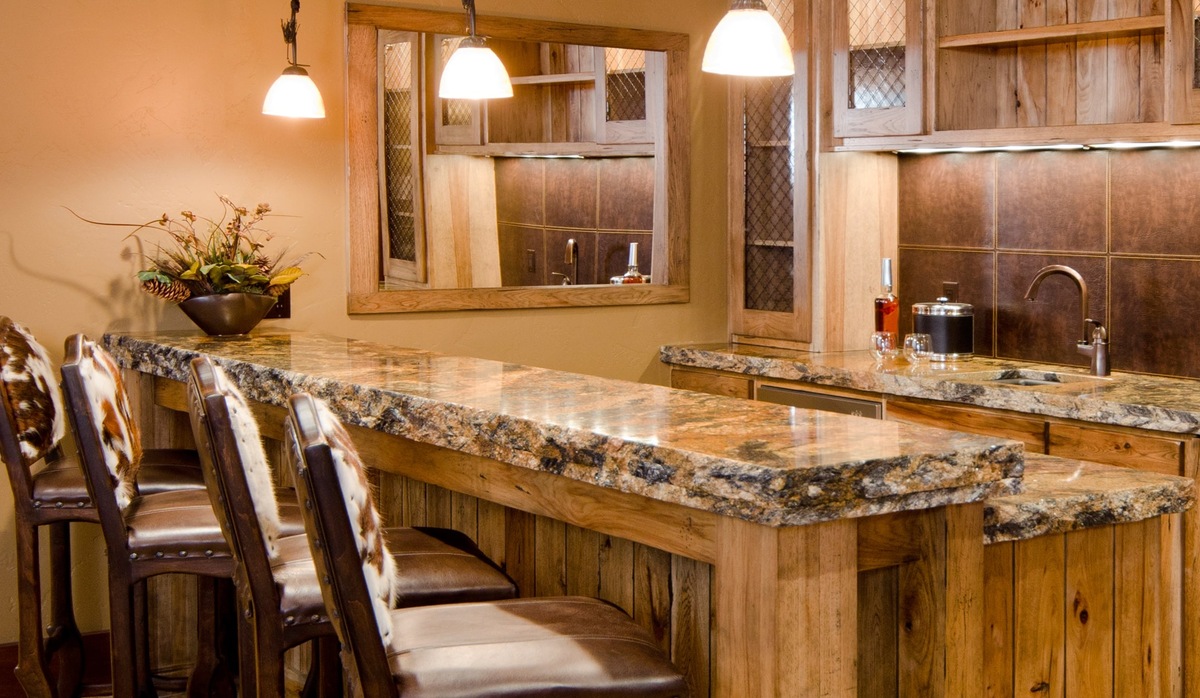

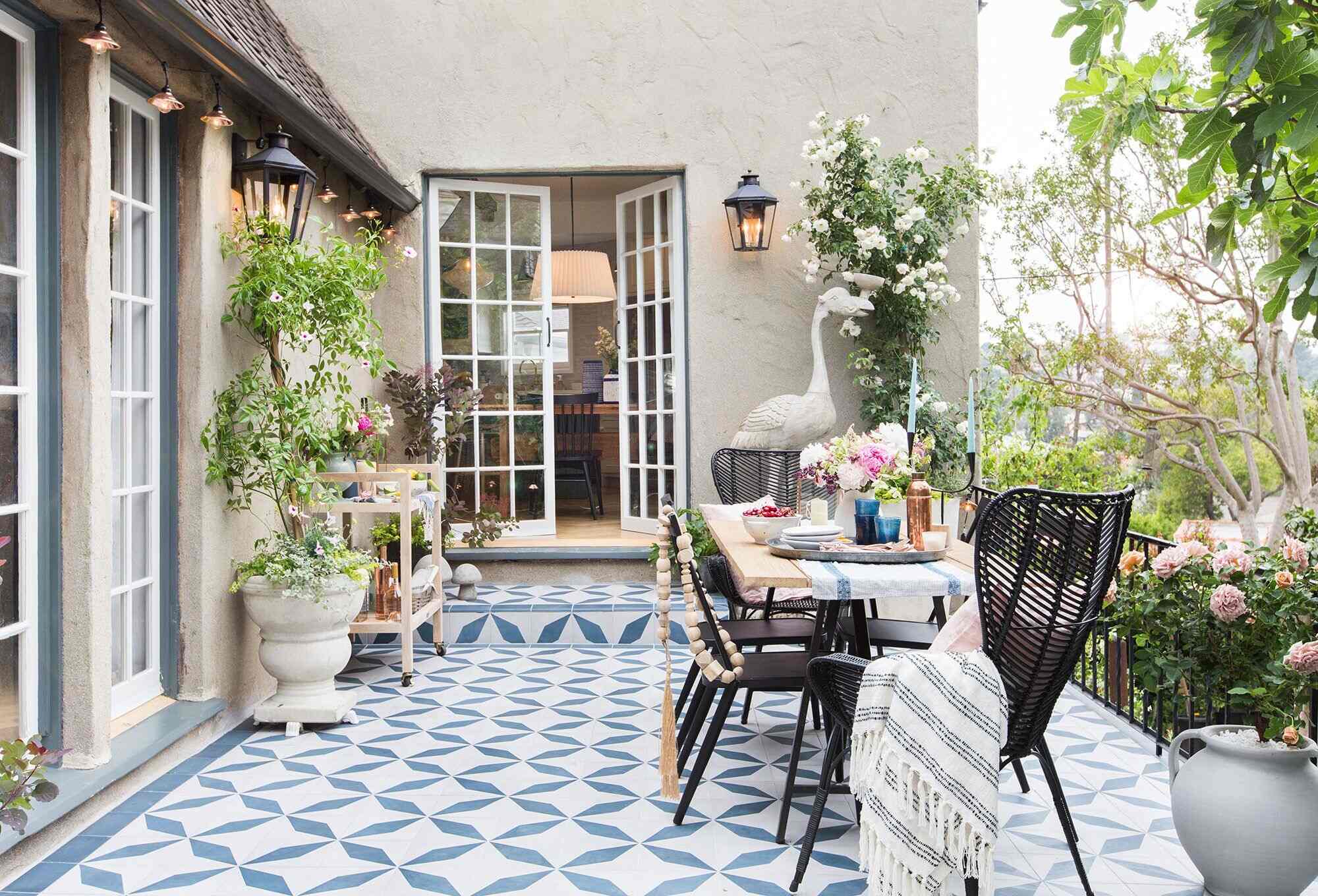

0 thoughts on “How To Create A Kid-Friendly Kitchen Space”